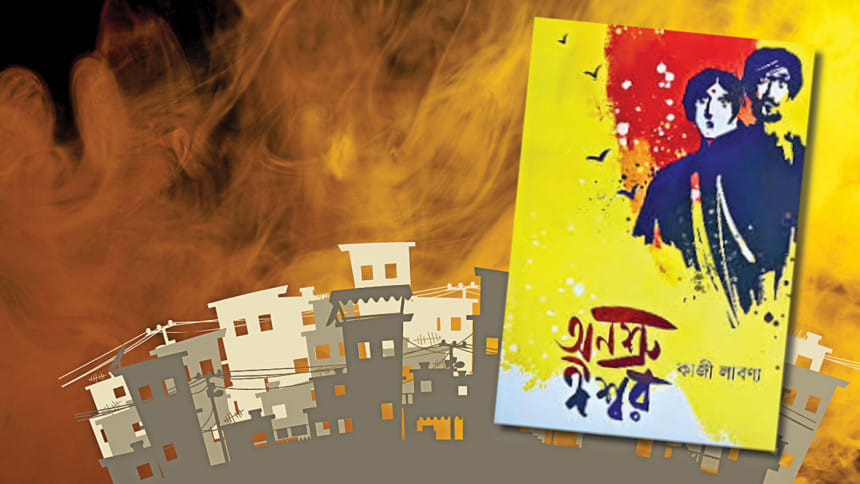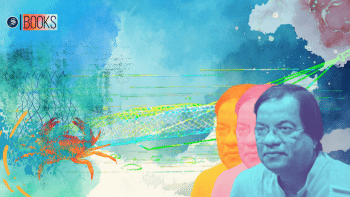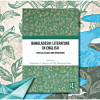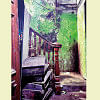Agonies of the downtrodden

Anasru Ishwar written by Kazi Labonno is an impressive work of fiction, shedding light on the deepest gloom pervading the remotest corner of society. Her craftsmanship brings to the fore the pitiful lives of the cleaner community, known as "methor", "dhangor" or "harijan" in the Lalmonirhat district of Bangladesh, with all their agonies and social stigma, stirring the heart of the readers. The novel is a sorrowful saga of the downtrodden—the most unfortunate and neglected who are almost non-existent as human creatures.
We are informed through the narratives that the methors who clean excrement and other kinds of dirt from households and streets are looked down upon for their "lowly" occupation. The mainstream society avoids them, does not share food and water with them, and even prevents them from using public transport. These people live in squalor surrounded by heaps of garbage. They are treated as "untouchables", subjected to various insults if they violate social rules. Children do not go to school; they grow up in ignorance and neglect, with no expectations of good life and detained in abominable social injustice.
The writer has raised questions against such injustice in the book. She has tried to sensitise the issue, reminding the readers that they are also humans, deserving of all rights and respect as human beings. Even "ishwar" (the almighty) seems to be indifferent to them. The title of the book, Anasru Ishwar means "Tearless Creator", attaining an unusual poetic poignancy.
The novel opens with the marriage preparation of Hiralal and Jamuna. These are central characters to the novel and remain present until the last chapter. Other characters include Jahid, Nilu and Jini—a family of three that has their own journey, facing the joys and sorrows of life. Charubala Mousi, an old woman who used to be a prostitute, and Mullukkhawa, an abandoned orphan boy, are two sidelined characters but their stories are interesting enough to affect the readers' psyche with the question of existential futility.
One day, on the way to his father-in-law's house, Hiralal is thrown out of a public bus as he is identified as a methor. He sits under a tree and meditates upon his condition. He looks at the sky in search of God, who is their Creator and realises he was born as a member of the community that lives in the lowest echelon of society, in which he grew up in dire poverty. He reflects on the difference between the upbringing of a pig and him. The description that follows becomes moving.
The protagonist of the novel Jamuna, wife of Hiralal, is intelligent, sensitive and rebellious. But she becomes downcast when Madhubala, her husband's deaf and dumb sister, dies after an unsuccessful attempt of abortion; Madhu had become pregnant after she was raped by some goon. Meanwhile, Jamuna performs the cleaning tasks in the house of Jahidul Islam, who is a divisional engineer of the railway. His wife Nilu likes Jamuna and allows her association, which Jahid does not approve of. But once when Nilu gets sick and is in need of blood, the sweeper, Hira, donates it after their blood groups match. Jahid does not like it, but it just so happens that the blood of a methor saves the life of a gentle woman.
The author has made the objective of her writing clear in the introduction to the book: "This fiction was undertaken to reveal the dark picture of deprived lives who are treated as non-humans." With her magnificent work, Kazi Labonno has depicted the lives of the marginalised and the insignificant with care and poignancy.
Binoy Barman is a professor at the Department of English, Daffodil International University. Email him at [email protected].

 For all latest news, follow The Daily Star's Google News channel.
For all latest news, follow The Daily Star's Google News channel. 









Comments